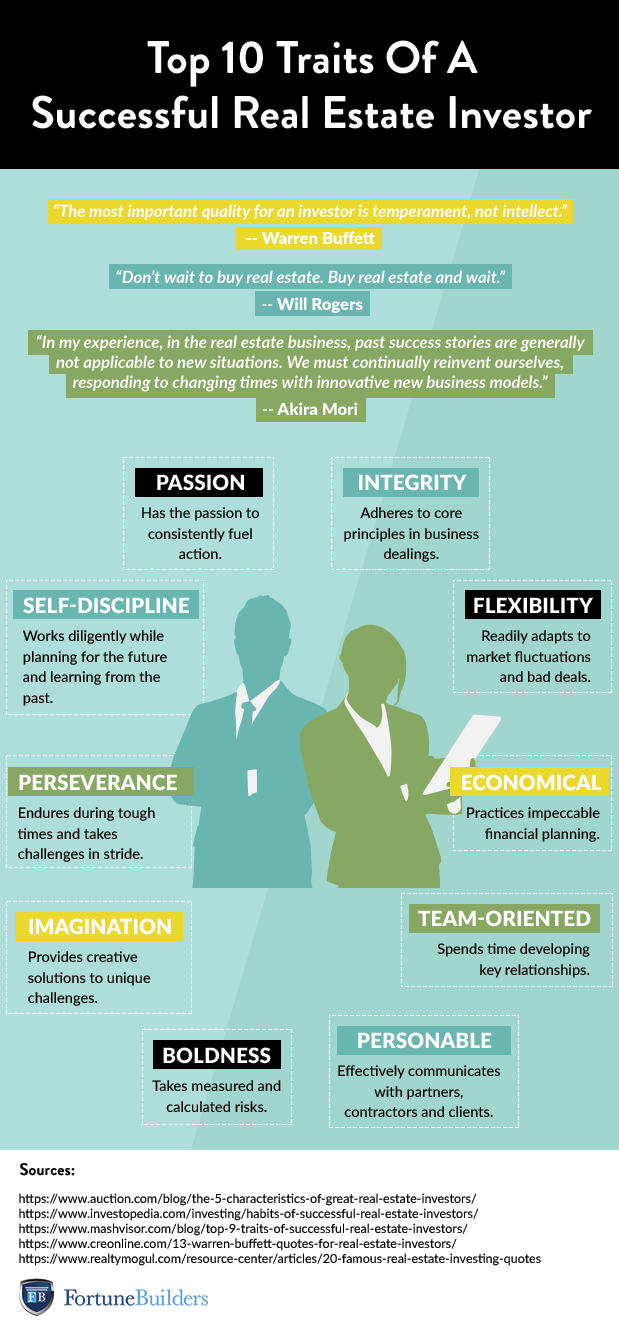
An In-Depth Look at Real Estate Investing Software
In today's digital age, real estate investing software has become an essential tool for investors. They provide solutions for complex tasks like market analysis, deal evaluation, and risk assessment. We'll discuss the benefits, features, and considerations when choosing the right software for your needs. Learning about these tools equips you with the knowledge to optimize your investments. So, let's begin our exploration of real estate investing software and its impact on your success. This information is valuable for investors at all levels seeking to enhance their operations. You'll be better prepared to select and utilize software that aligns with your investment goals.
At its core, this software aims to simplify and enhance various aspects of real estate investing. Advanced software might also offer market trend analysis and predictive analytics. This leads to more confident decision-making based on reliable data. Knowing what each platform offers helps you match their capabilities to your needs. Many investors have found success by integrating software into their strategies. Resources like wholesalinghousesinfo.com offer insights into choosing and using real estate investing software. Leveraging such knowledge enhances your ability to select effective tools.
To learn more about real estate investing software, visit: real estate software for investors
Benefits of Using Real Estate Investing Software
Efficiency gains allow you to focus on strategic decision-making rather than administrative work. Accurate data is critical for making sound investment decisions. Timely information can be the difference between seizing or missing a great deal. These platforms often include customizable reports and dashboards. Effective collaboration improves project management and outcomes. Integration simplifies workflows and data management across platforms. Using software demonstrates professionalism to clients and partners.
Many software solutions offer educational resources and support. Scalability is another advantage, as software can grow with your portfolio. Automation decreases the need for additional staffing for administrative tasks. Security measures are crucial in today's digital landscape. Mobile functionality ensures you're always connected to your portfolio. Market insights support proactive rather than reactive investment strategies. Sustainability practices can be a part of your corporate responsibility initiatives.
Exploring Different Software Solutions
Effective property management software streamlines day-to-day operations. Accurate deal analysis is essential for assessing investment viability. Market data informs strategic investment planning. They consolidate information across properties for a holistic view. Financial modeling software allows for detailed forecasting and budgeting. Strong relationships are key to building a successful investment business. Timely information from listings can lead to first-mover advantages.
They coordinate schedules, budgets, and contractor communications. They track legal documents, deadlines, and compliance requirements. They identify deductions, credits, and planning opportunities. Education and training platforms provide learning resources for investors. Visual tools aid in presenting information to stakeholders. Networking and collaboration platforms connect you with other professionals. Innovative viewing experiences can differentiate your offerings.
Factors to Consider When Choosing Investing Software
Understanding your requirements narrows down suitable software choices. Consider the scalability of the software as your portfolio grows. Evaluate the user interface and ease of use. Reliable support services are crucial for resolving issues quickly. Seamless integration avoids data silos and duplication of efforts. Review security features to protect your sensitive information. Consider the total cost, including subscriptions, licenses, and upgrades.
Insights from peers provide real-world perspectives on software performance. Take advantage of free trials or demos to test the software. Ensure the software is regularly updated and maintained. Customization allows you to tailor the tool to your specific processes. Consider the vendor's reputation and longevity in the market. Robust reporting features support better strategic decisions. Think about the learning curve and the time required to implement.
Implementing Real Estate Investing Software
Structured planning ensures a smooth transition to new software. Train your team thoroughly to ensure effective use of the software. Set measurable goals to track the software's impact on your operations. Customize the software settings to align with your workflows. Maintain open communication with the software provider. Regularly back up your data to prevent loss. Stay updated with new features and updates released by the provider.
Encourage collaboration and sharing of best practices among your team. Monitor compliance with data security policies. Utilize analytics to inform strategic decisions. Routine utilization maximizes benefits. Regular reviews identify areas for enhancement. Address challenges promptly to avoid operational disruptions. Positive reinforcement fosters a culture of innovation.
Discover more about real estate investing, visit: house flipping software free
Conclusion
Real estate investing software is a powerful asset for modern investors. Thoughtful choice ensures alignment with your goals and maximizes returns. Implementing best practices in adoption and utilization further amplifies these advantages. The long-term gains outweigh the initial costs and learning curve. Consider how these tools can fit into and elevate your current strategies. Your willingness to adopt new tools can set you apart from the competition. Start your journey today by researching and testing real estate investing software that suits your needs.